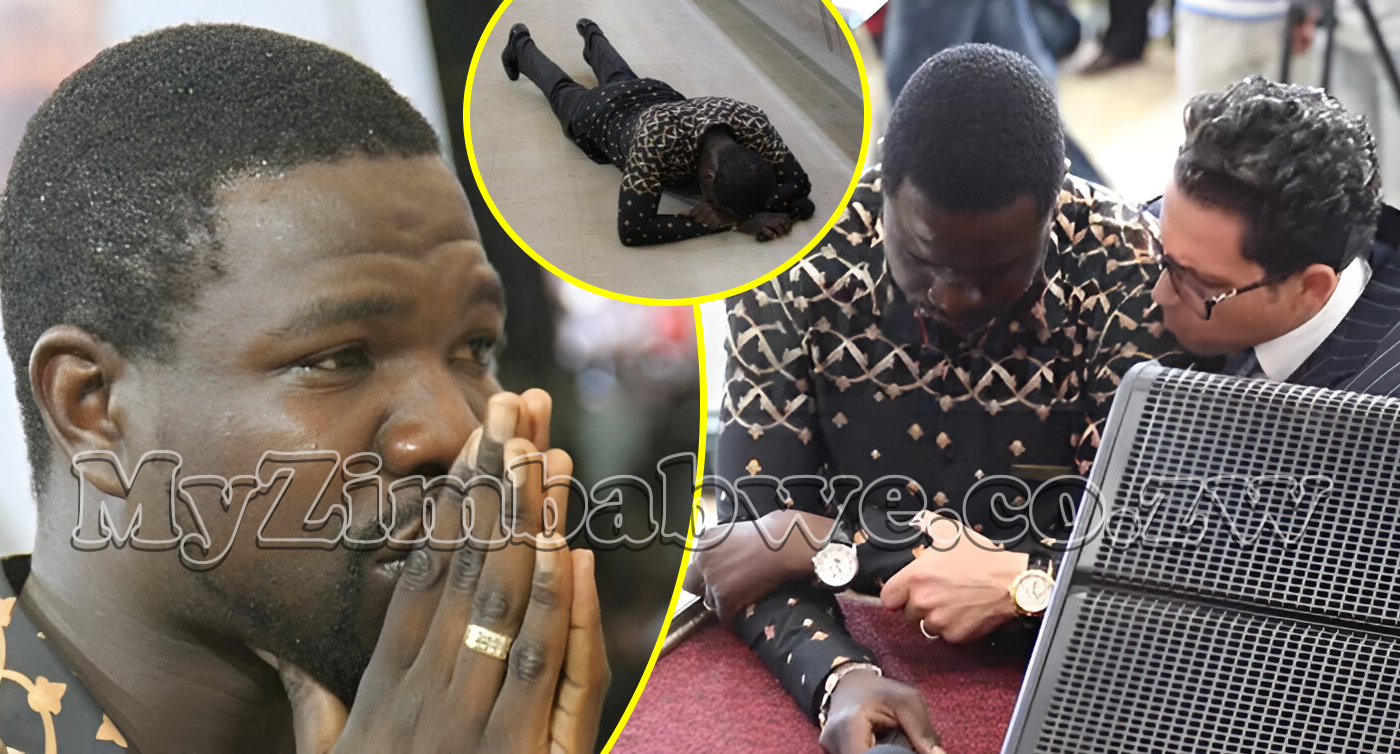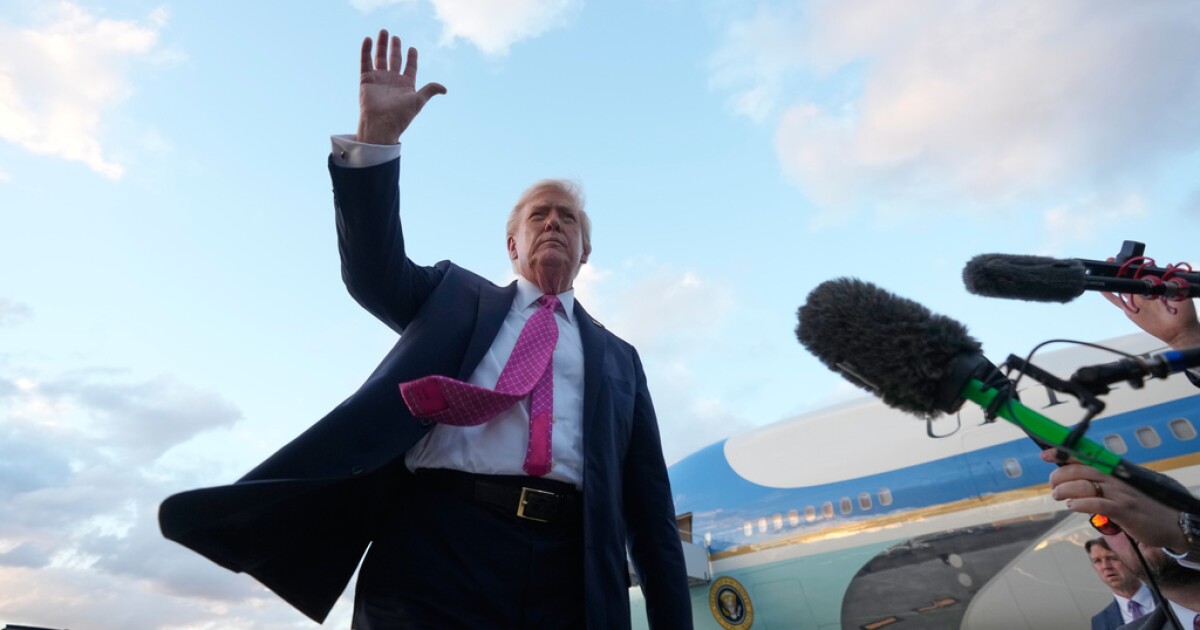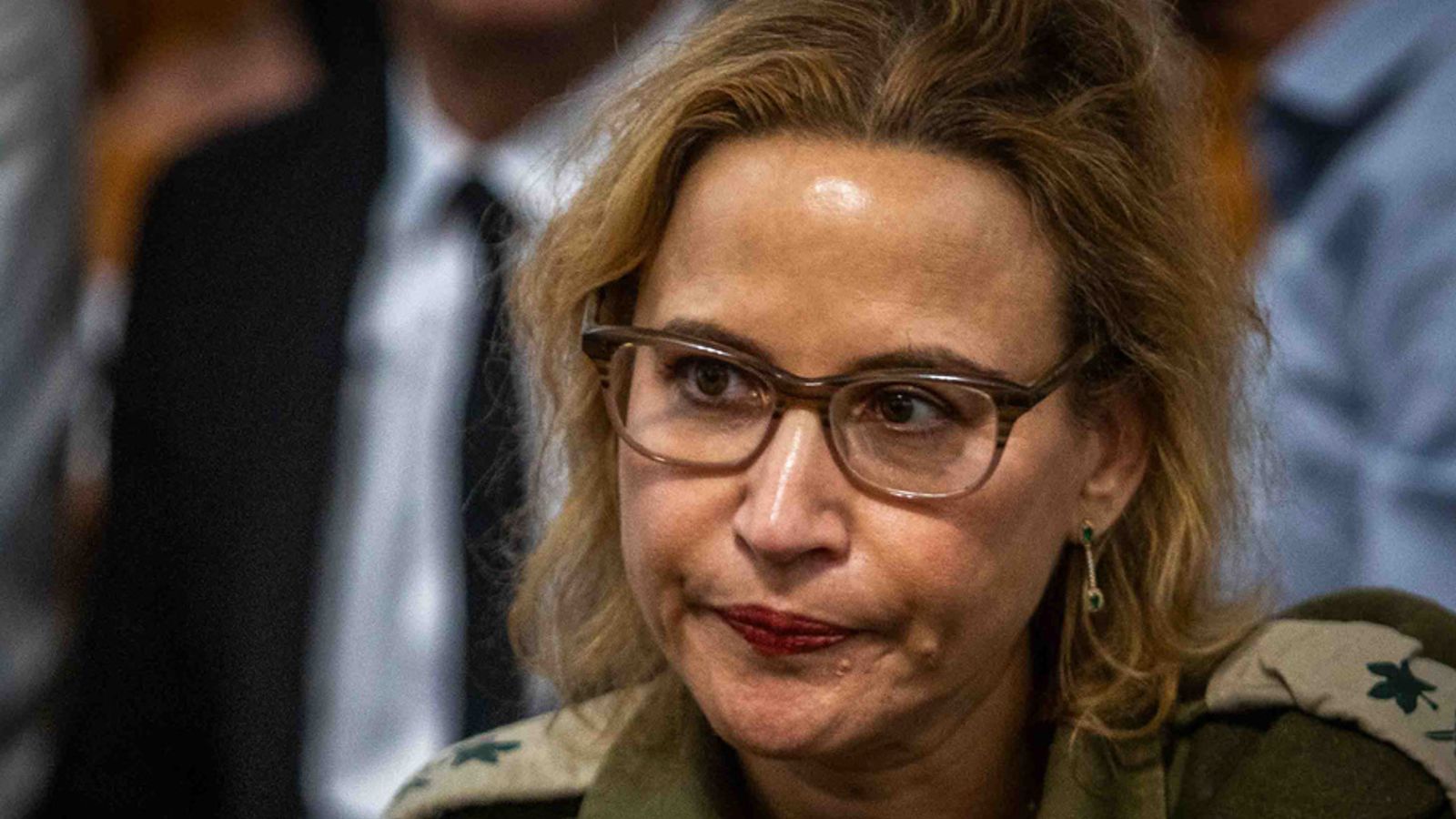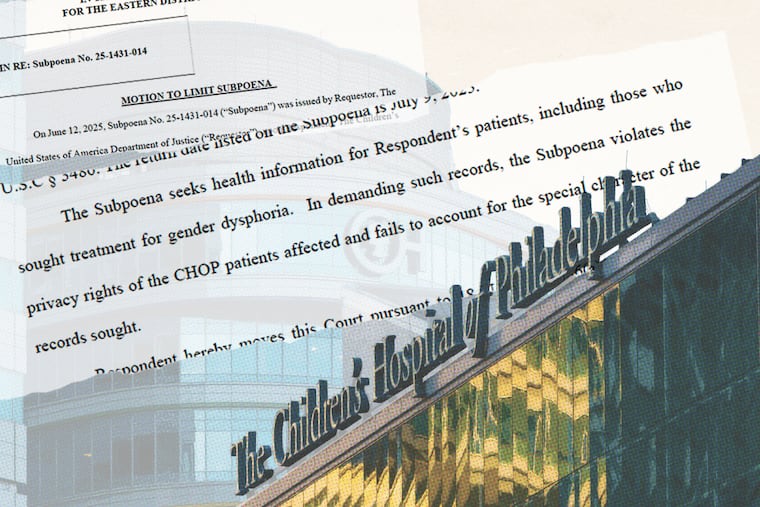Copyright myzimbabwe

Harare – In a dramatic turn of events, the Zimbabwe Republic Police (ZRP) have apprehended Walter Magaya, the leader of Prophetic Healing and Deliverance (PHD) Ministries, in connection with multiple allegations of rape and fraud. The arrest, confirmed by ZRP national spokesperson Commissioner Paul Nyathi, took place in Harare early yesterday morning. “The Zimbabwe Republic Police confirms the arrest of Prophetic Healing and Deliverance (PHD) Church leader, Walter Magaya, in connection with several reports of rape and fraud. The suspect was arrested early today (yesterday) by a police crack team,” Commissioner Nyathi stated. He added that further details would be released as investigations progress. A source close to the matter, speaking anonymously, described the arrest as a swift and precise operation. “It was an early morning raid conducted with swift precision. The officers arrived in a convoy of vehicles without any official markings and proceeded to take the prophet away for questioning.” Before the official police statement, Magaya’s attorney, Everson Chatambudza, admitted his lack of clarity on the situation. “I can’t confirm what’s really happening. I just heard there were police at his office earlier this morning, but I’m yet to get fuller details,” he told reporters. Magaya, a prominent figure in Zimbabwe’s Pentecostal movement, has consistently denied any wrongdoing despite facing various allegations in the past. The police have not yet disclosed the number of complaints received or whether Magaya will appear in court soon, though indications suggest he could face multiple counts of rape and fraud in court on Monday. This arrest marks a historic development in one of Zimbabwe’s longest-running cases of alleged spiritual exploitation, financial deception, and sexual abuse within a religious organisation. Magaya is currently being held for questioning at Harare Central Police Station, where detectives are compiling case dockets spanning almost ten years. PHD Ministries commands a massive following, both within Zimbabwe and internationally. The 41-year-old preacher is known for his large-scale evangelistic rallies and teachings, often delivered in a mix of English and Shona, where he passionately speaks of “kuponeswa” (salvation) and “simba reMweya” (the power of the Spirit). His followers now await updates on the investigation. Allegations of sexual impropriety have long dogged Magaya, with several female members of his church alleging a history of abuse. However, police had previously not acted on these claims. The Gender Commission launched its own investigation into the rape allegations, but the findings were never publicly shared. In fact, there have been repeated incidents in which survivors were allegedly silenced through intimidation, cash settlements, or threats of ‘spiritual curses’. Many victims, young women and former congregants, have reported psychological trauma and economic manipulation. Some complainants had also lodged formal complaints to the police years ago, but their cases reportedly stalled under political pressure and alleged interference by influential figures in Harare. The Zimbabwe Gender Commission (ZGC) confirmed that a number of women who were allegedly sexually abused by Walter Magaya responded to their call for submissions. Speaking during a November 2022 press briefing on the preliminary findings of the national inquiry on sexual exploitation and abuse of young girls and child marriages, ZGC chairperson Commissioner Margaret Mukahanana-Sangarwe said: “There have been some complainants that have come through but we can not share at the moment how many they are. We have had some responses in terms of some people coming forward and we are still waiting for more responses. We will inform you as we get more responses from the complainants.” Investigations into allegations of sexual exploitation and abuse of women by Magaya started last month, according to ZGC. Previously the probe had been halted in 2019 after Magaya filed an urgent application at the High Court questioning the validity of the investigations. However, the courts ruled in favour of the Commission paving way for the continuance of the probe. The Commission is still calling on members of the public who might have complaints against the clergyman to come to present their grievances. In August 2016, Magaya was arrested on rape charges involving Petronella Donhodzo Mandaza, an MSU student. He was released on US$2,000 bail shortly afterwards to appear in court again for trial. Magaya had indicated days earlier that he was the target of extortion. In November 2016, Donhodzo attempted to withdraw the rape charges, stating she had been receiving death threats from unknown people who wanted her to proceed with the trial and secure Magaya’s conviction. Despite her withdrawal attempt, the State decided to proceed with the trial. In January 2017, a video of Magaya admitting to an affair with Donhodzo surfaced online. Magaya claimed that his confession had been extracted through extortion by a police officer demanding $500,000. Following reports of leaked recordings, a video surfaced in which Magaya allegedly confessed to police that he had an affair with Donhodzo. He also stated that another church member, Kudakwashe, had extorted him. Shortly after, multiple phone conversations between Magaya and Donhodzo were leaked on Youtube, reportedly capturing discussions about financial transactions related to their affair. In these conversations, Donhodzo allegedly expressed frustration over Magaya’s lack of availability and requested financial compensation. One particular conversation reportedly involved Magaya agreeing to pay $100,000 in exchange for silence. Other recordings purportedly show discussions about transferring money into Donhodzo’s CBZ account, with concerns raised over potential money laundering risks. While the authenticity of these recordings has been debated, their release intensified public scrutiny over Magaya’s conduct. In January 2018, Magaya was summoned to court again on the same matter, with the State arguing that he had coerced the complainant into withdrawing her accusations. In July 2019, actress Charity Dlodlo accused Magaya of rape, but later retracted her statement, claiming she had been used by demons to “distract the work God was doing” through Magaya. In June of the same year, Molly Maenzanise posted a video on social media alleging that Magaya raped her daughter and is the father of her child. However, her daughter, Chenai Maenzanise-Hassan, later publicly dismissed the rape claims in a self-recorded video that also featured her husband, Christian Hassan. In March 2018, Petronella Donhodzo Mandaza, the State’s star witness in a previous rape trial of Magaya, claimed she would not be forced to lie under oath and vowed not to testify against him. Mandaza, who reported in 2017 that she had been raped by Magaya, said in her March 2018 application to the High Court that Ray Goba, who was the Prosecutor-General (PG) at the time, was forcing her to testify against the cleric, despite her confessions that she was never raped and never fell pregnant at any stage. Mandaza further stated that although Magaya had been summoned to stand trial, it was at the instance of Goba, who was insisting on having him tried on an offence he never committed. “Second respondent is charged with my rape, unlawful termination of pregnancy and obstructing course of justice. The charges arise from false allegations which I made against him before he was indicted for trial. I made a clean breast and indicated to the first respondent (Goba) that I had falsely accused the second respondent of raping me,” Mandaza said. Interestingly, four months later, President Mnangagwa suspended Prosecutor General Advocate Ray Goba to pave way for investigations into his suitability to continue holding office. The suspension was with immediate effect. This eventually led to Goba losing his job after he subsequently resigned before being replaced by Kumbirai Hodzi, who also resigned in March 2022. In an attempt to nullify a 2019 High Court ruling authorizing the Zimbabwe Gender Commission (ZGC) to investigate allegations of sexual abuse, Magaya approached the Supreme Court. In October 2021, the Supreme Court dismissed Magaya’s appeal, ruling that preventing the ZGC from conducting investigations would violate legal statutes. Beyond the rape allegations, Magaya has faced accusations of fraud and financial impropriety. In October 2018, Magaya publicly announced that he had discovered a cure for HIV and cancer, a claim that had no scientific backing. He asserted that his herbal remedy, “Aguma,” was entirely natural and could eliminate these diseases within 14 days. The Zimbabwe Republic Police raided Magaya’s offices in November 2018 after government authorities dismissed his claims as fraudulent and dangerous. The World Health Organization (WHO) and the Zimbabwean government condemned his claims as dangerous and fraudulent. He was prosecuted and convicted for violating the Medicines Control Act by distributing an unapproved drug and was fined $700 (£540) in February 2019. Despite the legal consequences, Magaya continues to operate his religious ministry and has previously marketed other controversial products, including a lipstick which he claimed could improve blood pressure. Magaya has also been embroiled in land scandals. Around July 2016, Magaya’s construction company Planet Africa signed a memorandum of agreement with the Ministry for 300ha of land. Documents indicate Planet Africa paid a deposit of US$100,000 on August 10. On August 17, Saviour Kasukuwere, who was Minister of local government at the time, withdrew all offer letters except for Magaya’s company, Planet Africa. It is alleged that Planet Africa was subsequently offered land reserved for Zanu-PF youths, with some quarters speaking of an “improper relationship” between the minister and the prophet. Furthermore, Magaya has been accused of duping his congregants in a botched residential stands scheme launched in 2016, promising to provide 1,000 residential stands at Danglasedale farm on the outskirts of Bulawayo. The scheme, launched in 2016, promised to provide 1,000 residential stands at Danglasedale farm on the outskirts of Bulawayo. Magaya, through his company Planet Africa, sold the plots for US$4,000 each on the promise that he would construct houses for the beneficiaries, comprising his church members. The beneficiaries would make monthly mortgage instalments based on the property’s value. Documents show that the congregants made payments interchangeably to Planet Africa and the PHD Ministries offices, raising questions about the accountability of the project. However, the construction of houses did not proceed as promised. One beneficiary, Willie Chidhlori, explained that he and multiple other home seekers were forced to sell family assets to raise money for the residential stands. “A lot of people including myself sold assets in order to raise the required amount. Some even sold their stands in high density suburbs such as Cowdray Park in order to buy the Danglasedale stands which were bigger and had better value,” Chidhlori told NewsHub. Victims have reported making numerous visits to the PHD Ministries offices in both Bulawayo and Harare to no avail. Some members have already left the church in frustration, while others have since passed on without receiving their stands. In mid-2020, hundreds of his congregants besieged the PHD Ministries office in Cape Town demanding their money back after Magaya failed to deliver on stands that he had promised them when they deposited amounts ranging from US$1,000 to US$4,000. Magaya promised to repay the disgruntled followers but it is not clear if he followed through on the promise. A year before, he was implicated in a US$900,000 land scam involving the illegal sale of Kalulu Farm in Goromonzi. In 2021, High Court Judge Jacob Mafusire ordered the sale of 3,232.3 hectares of land owned by Planet Africa to settle a debt of over US$420,000 owed to Getbucks Microfinance Bank Limited. Magaya has also faced legal challenges regarding his role in a disputed partnership with Chitungwiza Town Council to fund the local authority’s controversial master plan. The residents of Chitungwiza sought an interdict from the High Court to block the deal. UNISA said no evidence could be found that Magaya had ever been registered as a student at the university and strongly condemns this false claim. As a result, any certificate he may present claiming to be from UNISA is fraudulent. The university said Magaya brings its brand into disrepute, and it reserves the right to take appropriate corrective action. Magaya’s troubles with the authenticity of his academic qualifications started when he was disqualified from participating in elections held on 25 January 2025 to choose the president of the Zimbabwe Football Association, citing that he did not possess the requisite Zimbabwe Ordinary Level school certificate, the minimum basic requirement. The High Court threw out his application, and now UNISA claims that both the PhD and diplomas that Magaya says he possesses are fraudulent. Walter Magaya was born on 6 November 1983 in Mhondoro Ngezi, Zimbabwe, and grew up in Chitungwiza. He was previously a member of the Catholic Charismatic group Blood of the Lamb Christian Community (BLCC) before establishing his own ministry in 2012, following a visit to Nigerian preacher T. B. Joshua. Magaya claims that Joshua anointed him to become a prophet. In 2012, Magaya founded P.H.D Ministries, presenting himself as a miraculous healer capable of solving financial and health problems. His ministry rapidly gained followers, overshadowing predecessors Emmanuel Makandiwa and Uebert Angel. In one landmark exposé, news reporters released an audio recording of the late Nigerian televangelist TB Joshua—Magaya’s long-time mentor—discussing the growing scandals around Magaya’s ministry, warning of “the fall of the anointed” if accountability was not enforced. Those 2015-2018 reports, initially dismissed by Magaya’s followers as “attacks on the church,” have now been vindicated by official police action. As the investigation unfolds, the public and Magaya’s millions of followers await further details on the case, which has brought renewed scrutiny to the operations and conduct of religious leaders in Zimbabwe.



